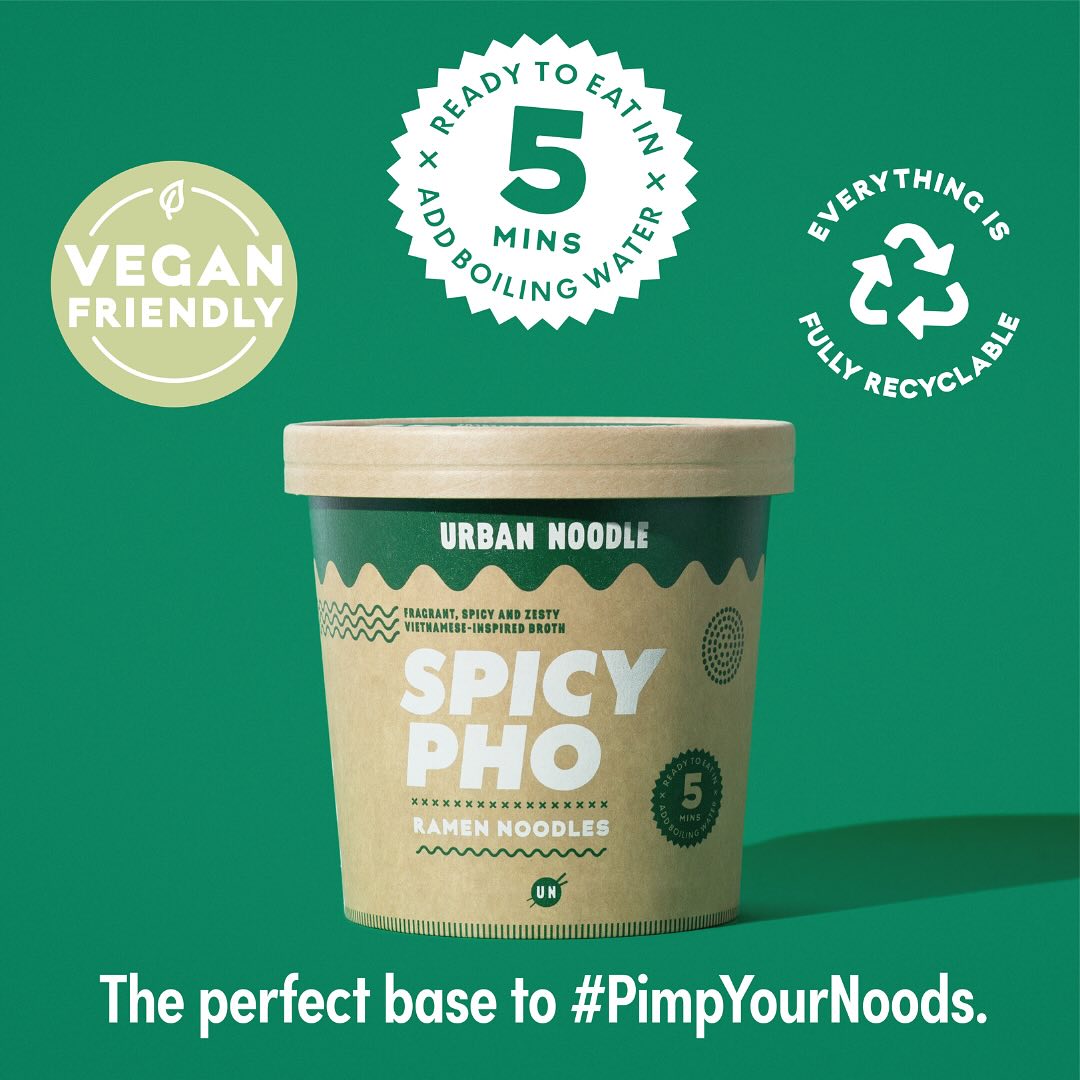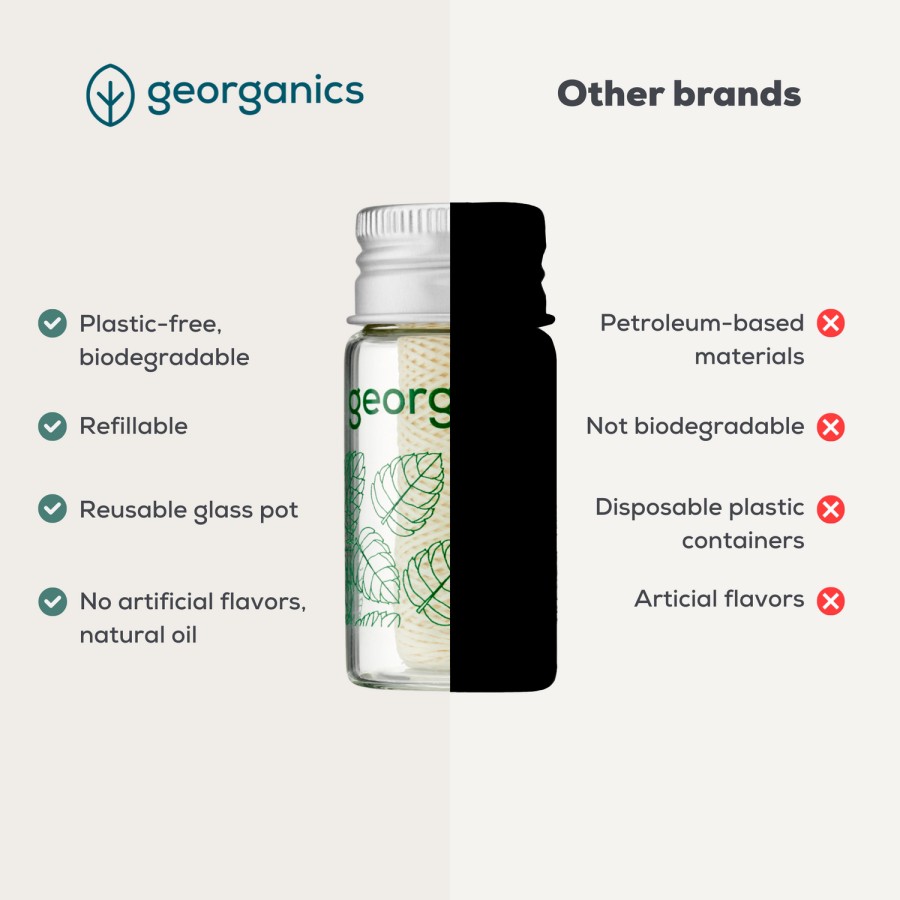Why We Need Extended Producer Responsibility laws

Campaigners want the government to introduce Extended Producer Responsibility laws, so companies producing non-recyclable packaging have to cover the cost of disposal. At present, the big guns sell plastic-wrapped food (then you have to pay via council tax to dispose of it).
The best way to reduce this is to act like many other councils, and simply refuse planning permission for more fast-food restaurants. McDonald’s has recently lost several cases, as councils are increasingly saying no to more fast food chains, as it means more litter.
One farmer had a great idea. Just like with speeding, if a family say visits a fast food drive-thru, their license number is clocked. Then if they throw the packaging out the window, they get hit with a fine through the post, just like if they had been driving too fast on the motorway.
If you don’t drop litter, why should your hard-earned cash be used as council tax, to clear up after those who make the litter and drop the litter? Extended Producer Responsibility laws are already coming into being in several US states, which encourages companies to make plastic-free packaging. The most recent states to pass such laws were Maryland and Washington (on the west coast).
What is Industry’s Response to EPR?
You can imagine. In translation, one could say ‘throwing toys out of the pram’. This is why England has dumbfoundedly delayed the upcoming deposit return scheme (where people get their money back, if they hand in used cans and bottles to vending machines).
It was full steam ahead, until England halted everything, by not agreeing to include glass, as it ‘was too difficult’. It hasn’t been difficult for Scandinavia, where some countries have been recycling glass bottles in such schemes for over 50 years.
ReThink Plastic reports that a coalition of lobbyists from the single-use packaging industry and some Italian MEPs are trying to water down laws. Yet in Rome, there are threats to kill wild boar, who are venturing into the city – due to littered trash, that they won’t help to stop.
The major supermarkets (and even McDonald’s) appear to be playing ball. All now threatened with this tax, are aiming to make all their packaging easy to recycle or compostable as soon as possible. It’s a shame it took this threat, for them to finally take the issue seriously.
To stop packaging pollution, we need a circular economy where we eliminate what we don’t need. Through EPR schemes, companies putting packaging on the market are required to pay for its collection, sorting, and recycling after use. Ellen Macarthur Foundation






